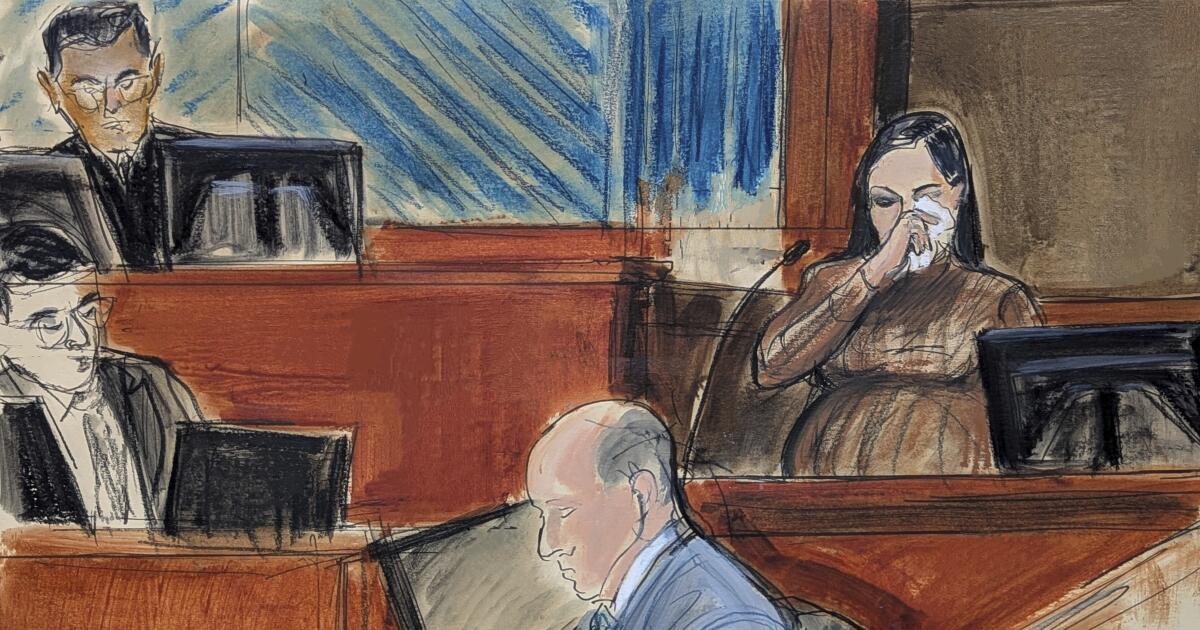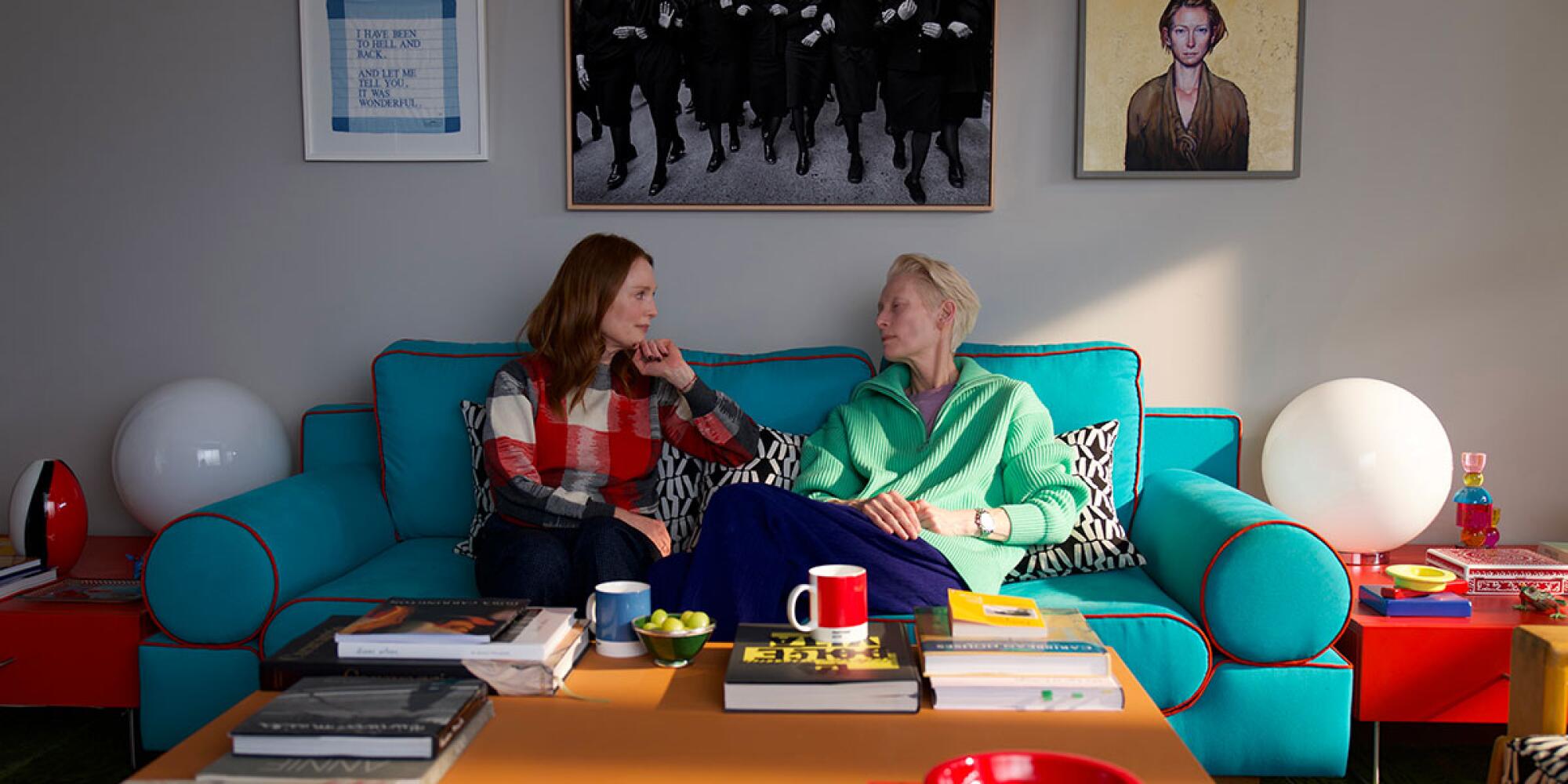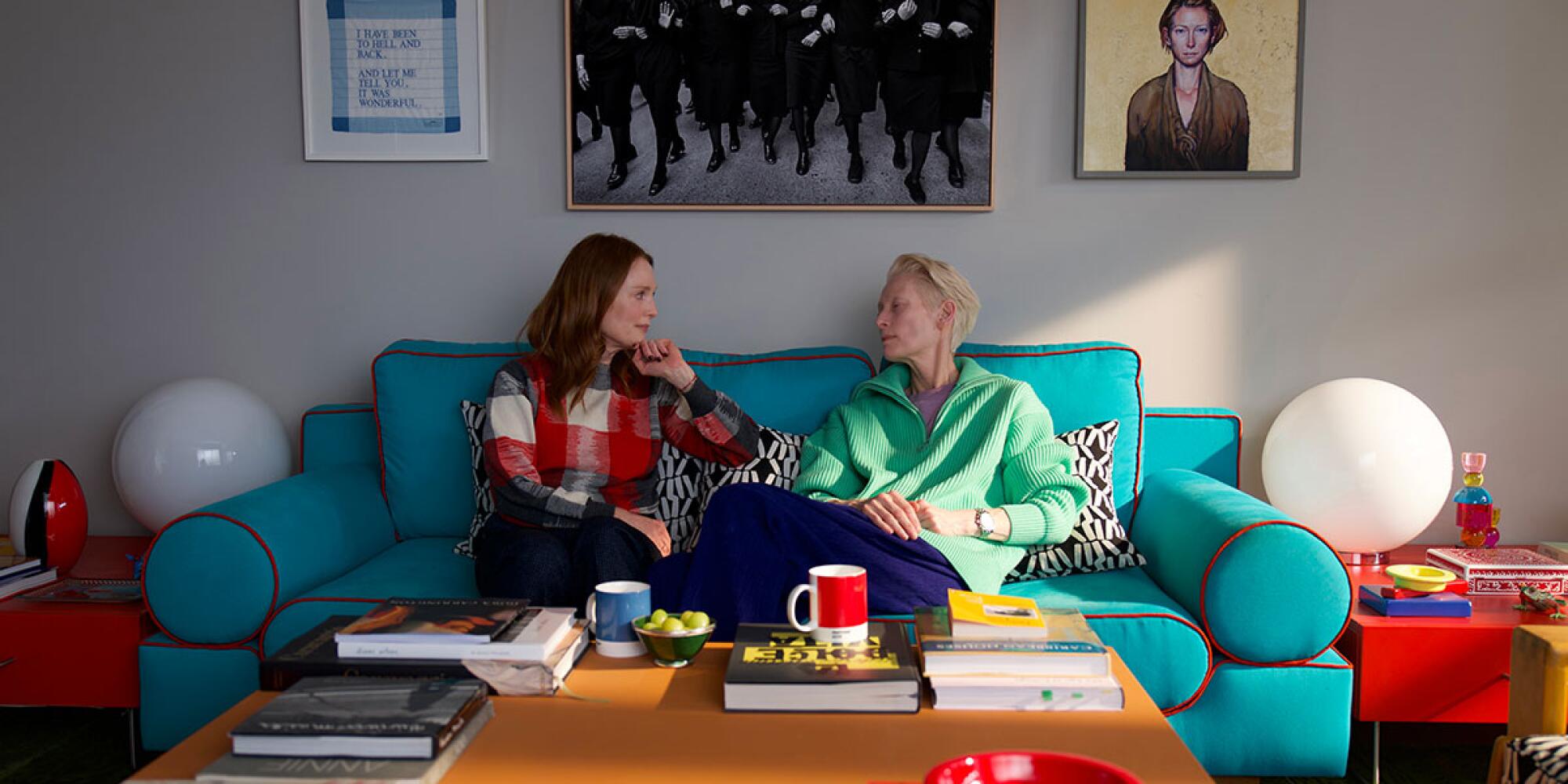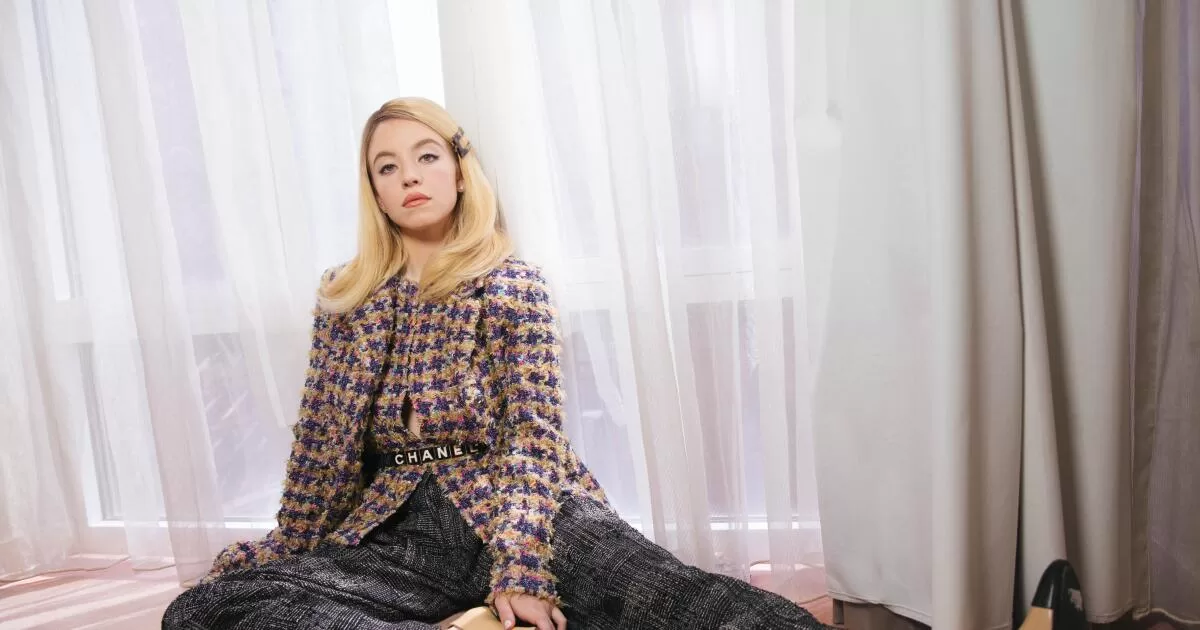Mosaic artist Rupnik faces Vatican trial over abuse of over 20 women, including nuns
ROME — The Vatican took the unusual step on Monday of announcing that it had named judges to decide the fate of a famous ex-Jesuit artist, whose mosaics decorate basilicas around the world and who was accused by more than two dozen women of sexual, spiritual and psychological abuse.
The case of the Rev. Marko Ivan Rupnik badly tarnished the legacy of Pope Francis, given suggestions that the Jesuit pope, the Jesuit religious order and the Jesuit-headed Vatican sex abuse office protected one of their own over decades by dismissing allegations of misconduct against him.
The Vatican office that manages clergy sex abuse cases, the Congregation for the Doctrine of the Faith, said that the five judges named to hear the Rupnik case in a canonical court include women and priests who don’t hold jobs in the Vatican bureaucracy.
It said that such a composition was “done in order to better guarantee, as in any judicial process, the autonomy and independence of the aforementioned court.”
The statement suggested an implicit recognition that prior to now, the Vatican’s handling of the Rupnik file had been anything but autonomous or independent.
Famous artist accused
Rupnik’s mosaics grace some of the Catholic Church’s most-visited shrines and sanctuaries around the world, including at the shrine in Lourdes, France, in the Vatican, a new basilica in Aparecida, Brazil, and the chapel of Pope Leo XIV’s own Augustinian religious order in Rome.
The Rupnik scandal first exploded publicly in late 2022 when Italian blogs started reporting the claims of nuns and other women who said they had been sexually, spiritually and psychologically abused by him, including during the production of his artwork.
Rupnik’s Jesuit religious order soon admitted that he had been excommunicated briefly in 2020 for having committed one of the Catholic Church’s most serious crimes — using the confessional to absolve a woman with whom he had engaged in sexual activity. But he continued working and preaching.
The case continued to create problems for the Jesuits and Francis, though, since more women came forward saying they too had been victimized by Rupnik, with some of their claims dating back to the 1990s.
The Jesuits eventually kicked him out of the order after he refused to respond to allegations by about 20 women, most of whom were members of a Jesuit-inspired religious community that he co-founded in his native Slovenia, which has since been suppressed.
The Vatican initially refused to prosecute, arguing the women’s claims were too old. The stall exposed both the Vatican’s legal shortcomings, where sex crimes against women are rarely prosecuted, and the suggestion that a famous artist like Rupnik had received favorable treatment.
Trial about to start
While Francis denied interfering in a 2023 interview with the Associated Press, he eventually caved to public pressure and waived the statute of limitations so that the Vatican could open a proper canonical trial.
Two years later, the Vatican statement on Monday indicated that the trial was about to start. The judges, appointed on Oct. 9, will use the church’s in-house canon law to determine Rupnik’s fate, though it’s still not even clear what alleged canonical crimes he is accused of committing. The Vatican statement didn’t say. He hasn’t been charged criminally.
To date, Rupnik hasn’t responded publicly to the allegations and refused to respond to his Jesuit superiors during their investigation. His supporters at his Centro Aletti art studio have denounced what they have called a media “lynching.”
Some of Rupnik’s victims have gone public to demand justice, including in a documentary “Nuns vs. The Vatican” that premiered last month at the Toronto International Film Festival. They welcomed word on Monday that the trial would finally start, attorney Laura Sgro said.
“My five clients requested 18 months ago to be recognized as injured parties in the proceedings, so we hope that their position will be established as soon as possible,” Sgro said in a statement. “They have been waiting for justice for too many years, and justice will be good not only for them but also for the church itself.”
The Catholic Church’s internal legal system doesn’t recognize victims of abuse as parties to a canonical trial but merely third-party witnesses. Victims have no right to participate in any proceedings or have access to any documentation.
At most, they are entitled to learn the judges’ verdict. Unlike a regular court, where jail time is possible, canonical penalties can include sanctions such as restrictions from celebrating Mass or even presenting oneself as a priest, if the judges determine a canonical crime has occurred.
Legal hurdles to justice
But it’s not even clear whether the Vatican considers the women to be abuse “victims” in a legal sense. While the Holy See over the last 25 years has refined the canonical rules to prosecute priests who sexually abuse minors, it has rarely prosecuted sex-related abuse cases involving women, contending that any sexual activity between adults is consensual.
The Rupnik case, though, also involves allegations of spiritual and psychological abuse in relations where there was an imbalance of power. It’s one of many such #MeToo cases in the church where women have said they fell prey to revered spiritual gurus who used their power and authority to manipulate them for sexual and other ends.
The Vatican, though, has generally refused to prosecute such cases or address this type of abuse in any canonical revisions, though Francis authorized a study group to look into allegations of “false mysticism” before he died.
Leo has expressed concern in general that accused priests receive due process. But he had firsthand experience dealing with an abusive group in Peru that targeted adults as well as minors, including through spiritual abuse and abuse of conscience.
In a letter earlier this year to a Peruvian journalist who exposed the group’s crimes, Leo called for a culture of prevention in the church “that does not tolerate any form of abuse — whether of power or authority, conscience or spiritual, or sexual.”
Winfield writes for the Associated Press.







